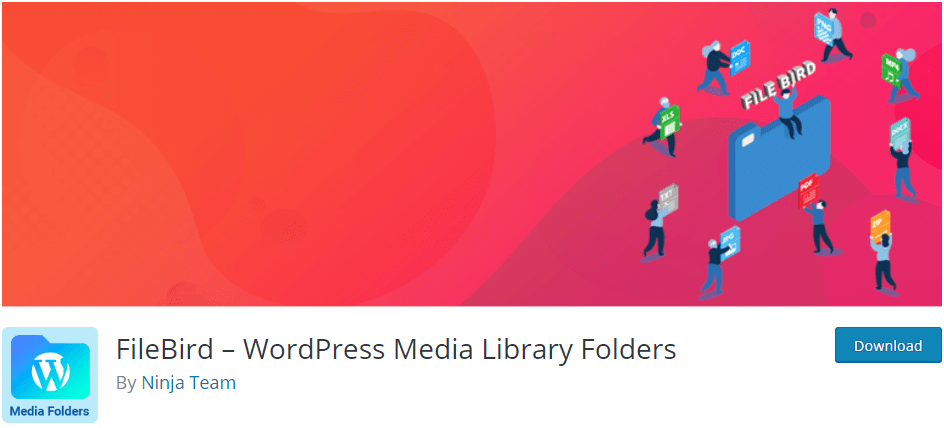If you’ve ever done academic research, you’ve probably used JSTOR. It’s a goldmine of journal articles, books, and more. But finding articles is just half the work. The other, often messier half? Citing them properly!
Enter citation managers. These are tools designed to save, organize, and cite your sources—automatically. Three of the most popular are Zotero, Mendeley, and EndNote.
Trying to pick the right one? You’re in the right place. We’ll walk through what each of these can do, how they work with JSTOR, and which one might be best for your workflow.
Getting Started: What Is JSTOR?
JSTOR stands for Journal Storage. You can think of it as a huge digital library, mostly used by university students and scholars. It has everything from history and literature to science and economics. When you’re knee-deep in a research paper, JSTOR is often your best friend.

But once you’ve found those perfect articles, managing them all can be overwhelming. That’s where citation managers come in. Let’s break down our top three contenders.
1. Zotero: The Open-Source Champion
Zotero is popular, especially among students and indie researchers. It’s free, open-source, and super easy to use.
Pros:
- Easy Integration: With browser plugins, you can save JSTOR articles with one click.
- Free: No premium version. What you see is what you get.
- Smart Features: It automatically pulls citation info, tags items, and even recognizes PDFs.
- Groups: Collaborate with classmates or your research team.
Cons:
- Limited Cloud Space: Only 300MB for attachments unless you pay.
- Basic Interface: It’s clean but not the prettiest.
How It Works with JSTOR:
Super smooth! Just visit an article on JSTOR, click the Zotero icon in your browser, and boom—it saves all the info and even downloads the PDF when possible.
Pro Tip: Organize your JSTOR collections into folders by theme or project. It’ll save you tons of time later!
2. Mendeley: The Cloud-Savvy Option
Mendeley is owned by Elsevier and has earned a large following among STEM researchers. It’s especially good for collaboration and cloud syncing.
Pros:
- Generous Cloud Storage: You get 2GB of free storage.
- Beautiful Interface: Looks clean and modern.
- Social Features: See what others are reading and join research groups.
- PDF Reader: Helps you annotate as you go.
Cons:
- Lacks Some Citation Styles: Not as extensive as Zotero when it comes to obscure formats.
- Owned by Elsevier: Not everyone loves a corporate giant involved in open research.
How It Works with JSTOR:
You can drag and drop articles into Mendeley manually or use their browser extension. It works well, but some users say the metadata (like title and author info) isn’t always perfect.

Pro Tip: Use the built-in PDF annotator while reading JSTOR articles. Your notes get saved right inside Mendeley!
3. EndNote: The Powerhouse for Pros
EndNote is a citation beast. Many universities provide it to professors and grad students for a reason—it’s very powerful.
Pros:
- Complex Projects: Great for large scale, multi-source research.
- Citation Master: Hundreds of format options and super customizable.
- Works Offline: Don’t need the cloud every time you use it.
Cons:
- Cost: It’s not cheap. You’ll need a license unless your school provides one.
- Steep Learning Curve: It takes time to learn.
How It Works with JSTOR:
A bit old-school. You often need to manually import citations or download a .ris file from JSTOR. Not as smooth as Zotero or Mendeley, but it’s doable.
Pro Tip: If you’re managing hundreds of JSTOR entries, EndNote’s organization tools are worth learning.
Head-to-Head: Zotero vs. Mendeley vs. EndNote
| Feature | Zotero | Mendeley | EndNote |
|---|---|---|---|
| Price | Free | Free (premium available) | Paid (with some free access via universities) |
| Ease of Use | Very Easy | Easy | Moderate to Hard |
| Cloud Storage | 300MB | 2GB | Varies |
| Integration with JSTOR | Excellent | Good | Okay |
| Collaboration | Good | Great | Limited |
Which One Should You Choose?
Here’s a quick cheat sheet:
- Pick Zotero: if you’re a student, need something free, and love simplicity.
- Pick Mendeley: if you want cloud syncing, social features, and do a lot of PDF reading and note-taking.
- Pick EndNote: if you’re a graduate student, professor, or researcher dealing with complex research projects and long papers.
Using Citation Managers with JSTOR: Tips and Best Practices
Here are few tricks to make your life easier when using JSTOR with any citation manager:
- Always Check Citations: Auto-imported data can have errors. Look out for typos or missing fields.
- Organize Early: Don’t wait until the night before to group your sources. Your brain will thank you.
- Back It Up: Sync your libraries or export backups. It hurts to lose sources right before a deadline.
- Use Browser Extensions: Dragging and dropping is fine, but one-click saves are better!
Final Thoughts
JSTOR is a research juggernaut, and it deserves a sidekick that matches its power. Whether it’s Zotero with its clean charm, Mendeley with its cloud energy, or EndNote with its pure muscle, there’s a citation tool out there for you.
So next time pain strikes when you hear the word “bibliography,” remember—there’s an app for that!
Happy researching. Keep your references tidy, and let JSTOR light the way!
